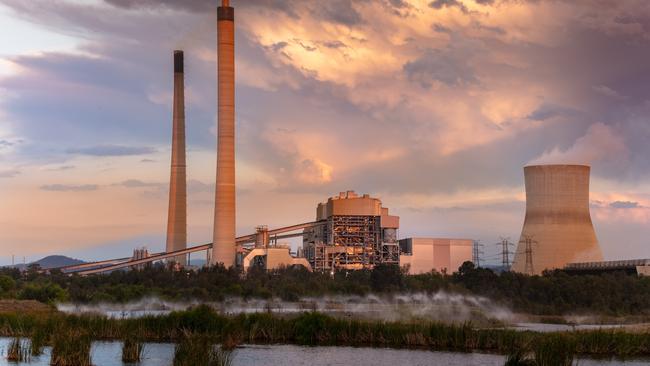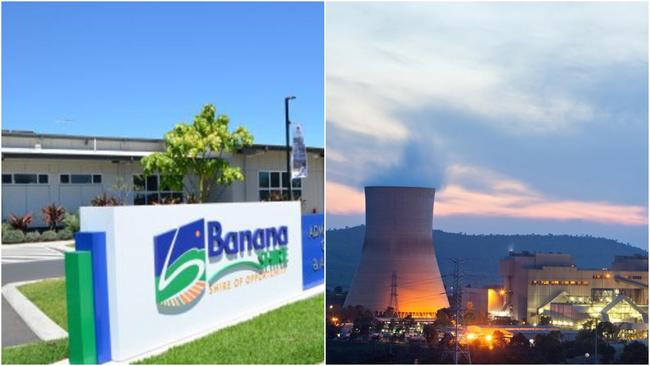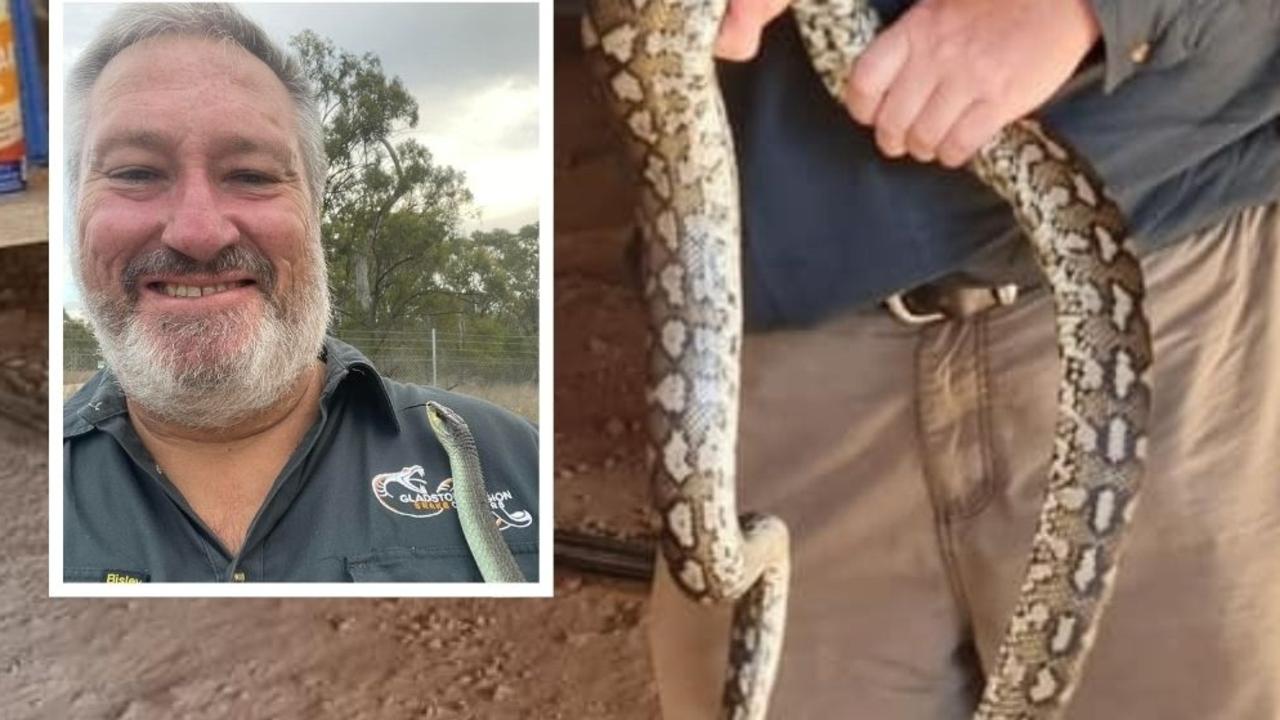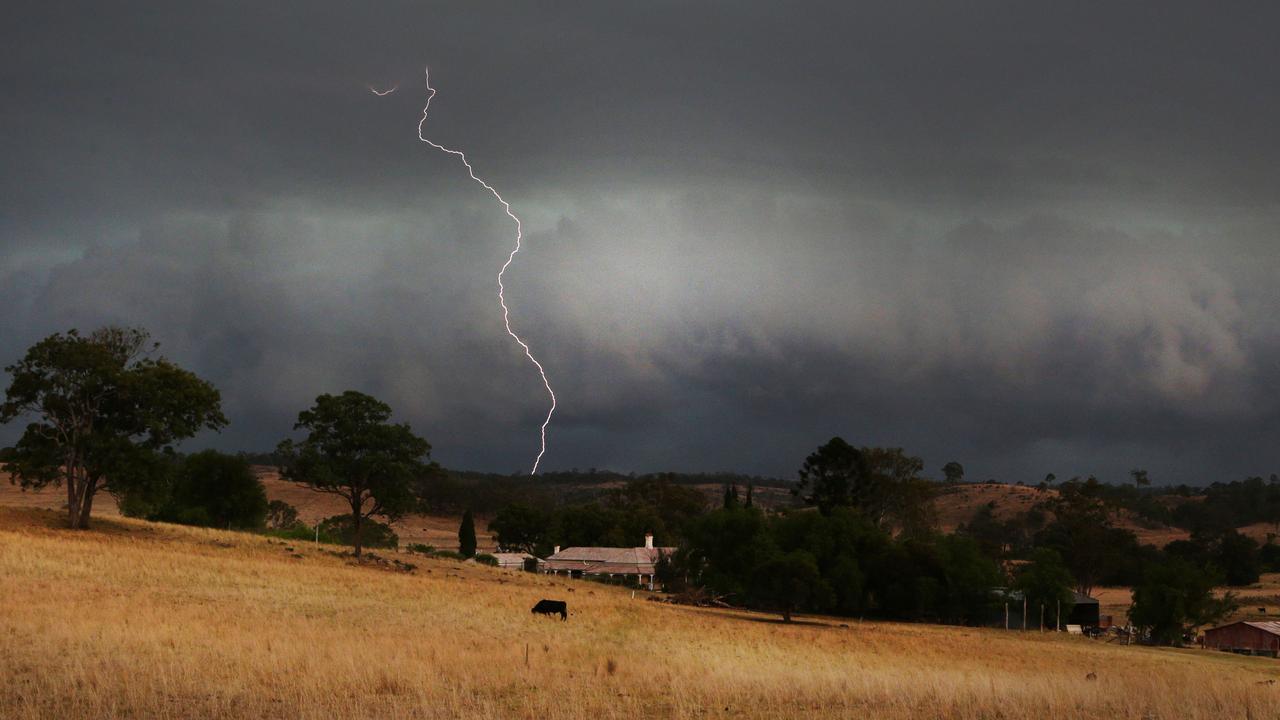Drinking water PFAS contamination concern for conservation council
The Queensland Conservation Council is concerned about PFAS in drinking water supplies near Biloela.

Gladstone
Don't miss out on the headlines from Gladstone. Followed categories will be added to My News.
The Queensland Conservation Council has requested an urgent government briefing after CS Energy revealed PFAS chemicals were detected in drinking water supplies of seven properties near Biloela.
CS Energy operates the Callide Power Station, where PFAS chemical-containing firefighting foam was used until two years ago, when the Queensland Government mandated the removal of the chemicals by July 2019.
In February 2021, CS Energy ‘voluntarily disclosed’ that PFAS chemicals had been detected at “levels less than two times over the drinking water guideline” at a groundwater monitoring location near the Linkes Road crossing.

Then on March 31, CS Energy advised it had conducted extensive PFAS testing of 21 properties downstream of the power station near Biloela.
“Seven landholders had at least one sample point over drinking water guidelines, with four of those landholders using it for drinking water,” a CS Energy spokeswoman said.
“CS Energy has organised an alternative drinking water supply for these four landholders.”
Banana Shire Council found Biloela drinking water tested in February 2021 was within government guidelines.
Comprehensive testing for PFAS chemicals will be continued by CS Energy in the area.
PFAS chemicals are found in common products such as non-stick cooking pans, fabric, furniture, food packaging and firefighting foams.
The Federal Health Department states PFAS chemicals were developed in the 1950s to make products that resist heat, stains, grease and water.
“The release of PFAS into the environment is an emerging concern, because these chemicals are highly persistent, have been shown to be toxic to fish and some animals, and can accumulate in the bodies of fish, animals and people who come into contact with them,” the Federal Health Department states.
“There is currently no consistent evidence that exposure to PFAS causes adverse human health effects.”
Following the CS Energy testing announcement, Queensland Conservation Council director Dave Copeman, wrote to Energy Minister Mick de Brenni on April 1, requesting a meeting to discuss the Callide Power Station situation and the wider use of PFAS chemicals by government owned power stations.
“CS Energy disclosed this information voluntarily, but they were under no obligation to do so,” said QCC Director, Dave Copeman.
“When drinking water is found to contain toxic chemicals that can lead to cancer, and there is no obligation to report this, it’s extremely worrying for local residents.”
QCC advised the letter requested “a briefing on the current status of the investigation near Callide B as well as any potentially wider use of PFAS chemicals by Government owned power stations”.

The letter also posed several questions to Mr de Brenni.
“In particular, we are keen to know whether other power stations also used PFAS chemicals in firefighting equipment or otherwise?
“Are tests of groundwater being carried out around these stations?
“What are the current guidelines for public reporting of environmental breaches such as this?”
In the letter, the QCC claimed there was evidence PFAS chemicals caused “adverse human health effects, including cancer”.
“Coal power stations have been polluting our environment and putting our health at risk for years,” Mr Copeman said.
“Queenslanders deserve at the very least to know what threats they face from the coal power stations they will be propping up for years to come.”
Other stories
Police praise community in wake of CQ COVID scare
ROCKYNATS: How to get to and around the car festival
Some events postponed, cancelled for Easter in Gladstone
Originally published as Drinking water PFAS contamination concern for conservation council


